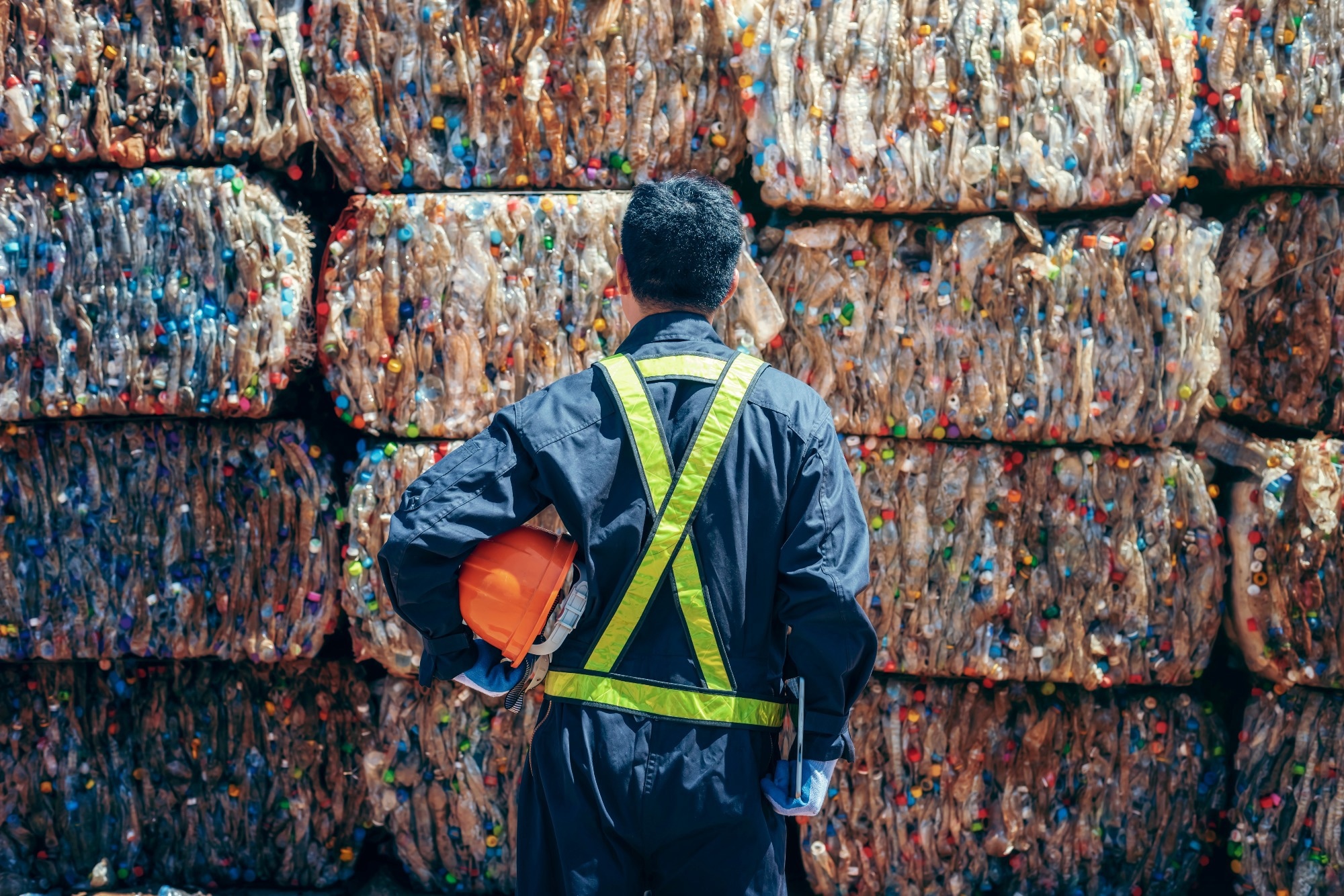Pyrolysis plants that turn plastic waste into hydrocarbon feedstocks that can be recycled into plastics are supported by major chemical industries. Plastics are broken down into a combination of smaller molecules known as pyrolysis oil through the use of high temperatures and an atmosphere devoid of oxygen.

Image Credit: Shutterstock.com/Chanchai phetdikhai
However, a cover story in Chemical & Engineering News, an independent news source of the American Chemical Society, stated that the approach has its critics.
Pyrolysis proponents contend that their method can compensate for the limitations of conventional recycling, which, according to the US Environmental Protection Agency, only recovers around 9% of the plastics produced in the US.
Yet, according to Senior Editor Alex Tullo, environmentalists are not yet persuaded, and an increasing number of states, including California, do not even consider pyrolysis recycling.
According to critics, pyrolysis factories cannot accept the mixed plastic waste as they advertise because leftover pollutants make the process too difficult to complete.
A second concern is that pyrolysis is really just incineration. Scale is yet another issue. About 120,000 tons of capacity for pyrolysis and other chemical recycling processes are currently operational in the US, which is a negligible portion of the 56 million tons of total plastics production expected in North America in 2021.
Industry leaders claim to be more willing than ever to use pyrolysis on a broad scale and to be more dedicated to recycling than before. To enhance capacity, businesses are constructing buildings that are larger than before.
With strategies like employing catalysts and adsorbents to filter out particle matter and remove the most reactive compounds from the feedstock stream, several businesses are seeking to accept more mixed waste.
The development of infrastructure to process the byproducts of pyrolysis plants by petrochemical companies, along with the licensing of technology to other parties seeking to enter the market, clearly reflect the growing interest in pyrolysis.
The way the technology performs in the real world will strongly influence how the general public perceives the plastics industry.